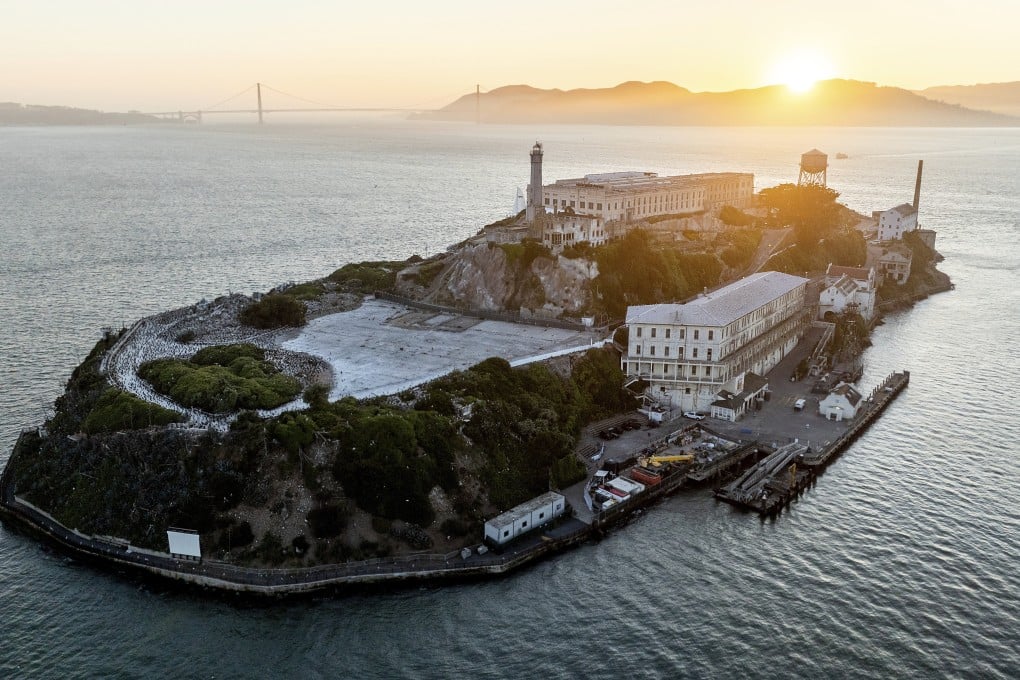
U.S. President Donald Trump announced Sunday that he has instructed federal agencies to rebuild and reopen Alcatraz, the infamous island prison off the coast of San Francisco that has been closed for more than 60 years.
“REBUILD, AND OPEN ALCATRAZ!” Trump declared on his Truth Social platform. He said the newly expanded facility would be used to detain “America’s most ruthless and violent offenders,” citing a directive to the Bureau of Prisons, Department of Justice, FBI, and Homeland Security.
Alcatraz originally closed in 1963 due to high operating costs and logistical challenges. The prison, which once held infamous criminals like Al Capone, could house only 336 inmates and required all supplies — including water — to be shipped in weekly. It now functions as a national park and draws over a million tourists annually.
“When we were a more serious Nation… we locked up the most dangerous criminals and kept them far away from anyone they could harm,” Trump wrote. “That’s the way it’s supposed to be.”
Reopening Alcatraz, Trump suggested, is part of his broader pledge to crack down on violent crime, particularly offenses he attributes to undocumented migrants. He vowed that the era of “serial offenders” spreading “filth, bloodshed, and mayhem” on American streets was over.
But critics quickly dismissed the announcement as political theater. “The President’s proposal is not a serious one,” said former House Speaker Nancy Pelosi, who represents San Francisco. She noted that Alcatraz is now a protected national park and a major tourist destination.
Originally shut down because it cost three times more to operate than other federal prisons, Alcatraz would also require millions in restoration just to make it functional again.
Trump has also drawn criticism for invoking the 1798 Enemies Act — historically used only during wartime — to justify deportations of migrants labeled as criminals. His administration has even proposed outsourcing incarceration of violent offenders to foreign countries like El Salvador, where it has funded detention programs.
The United Nations recently condemned the U.S. for allegedly denying due process to more than 250 deported Venezuelans and Salvadorans, raising legal and human rights concerns.